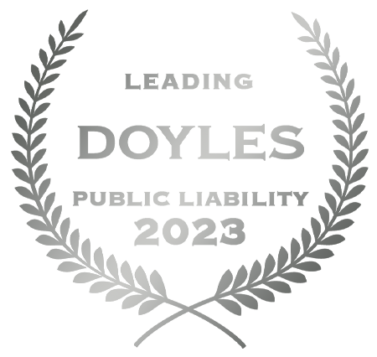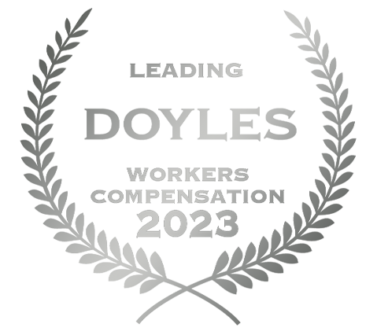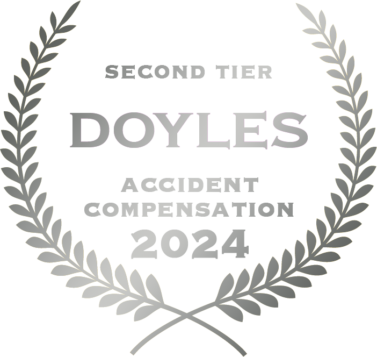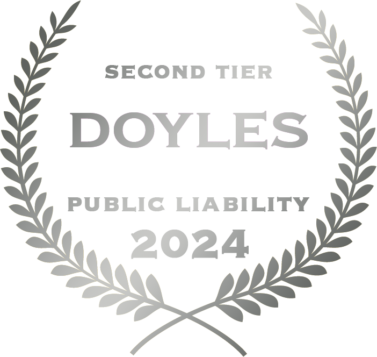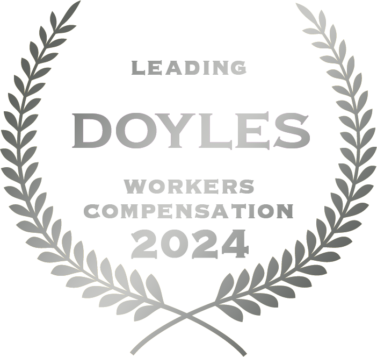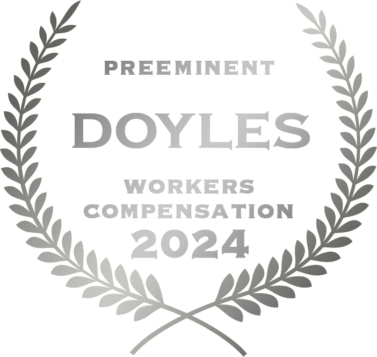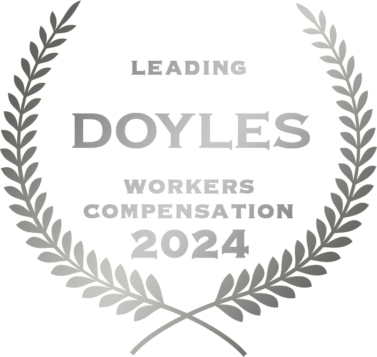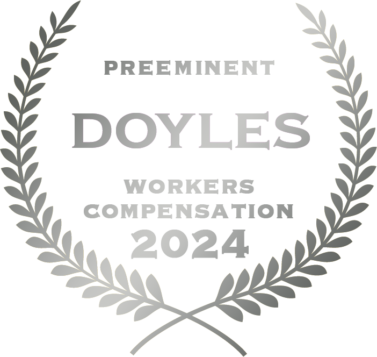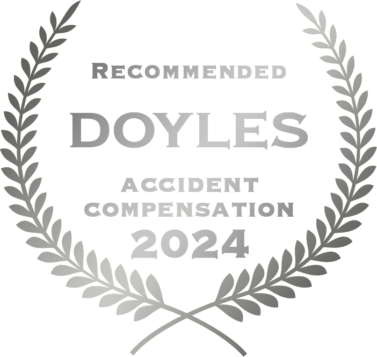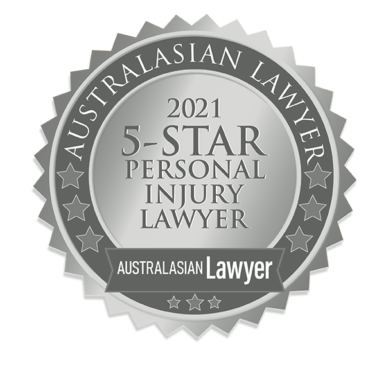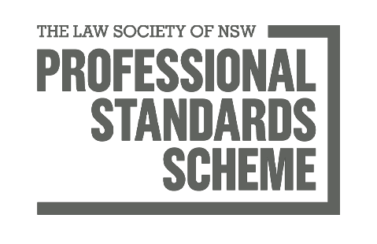
Three Examples of When I Should Make a Medical Negligence Claim.
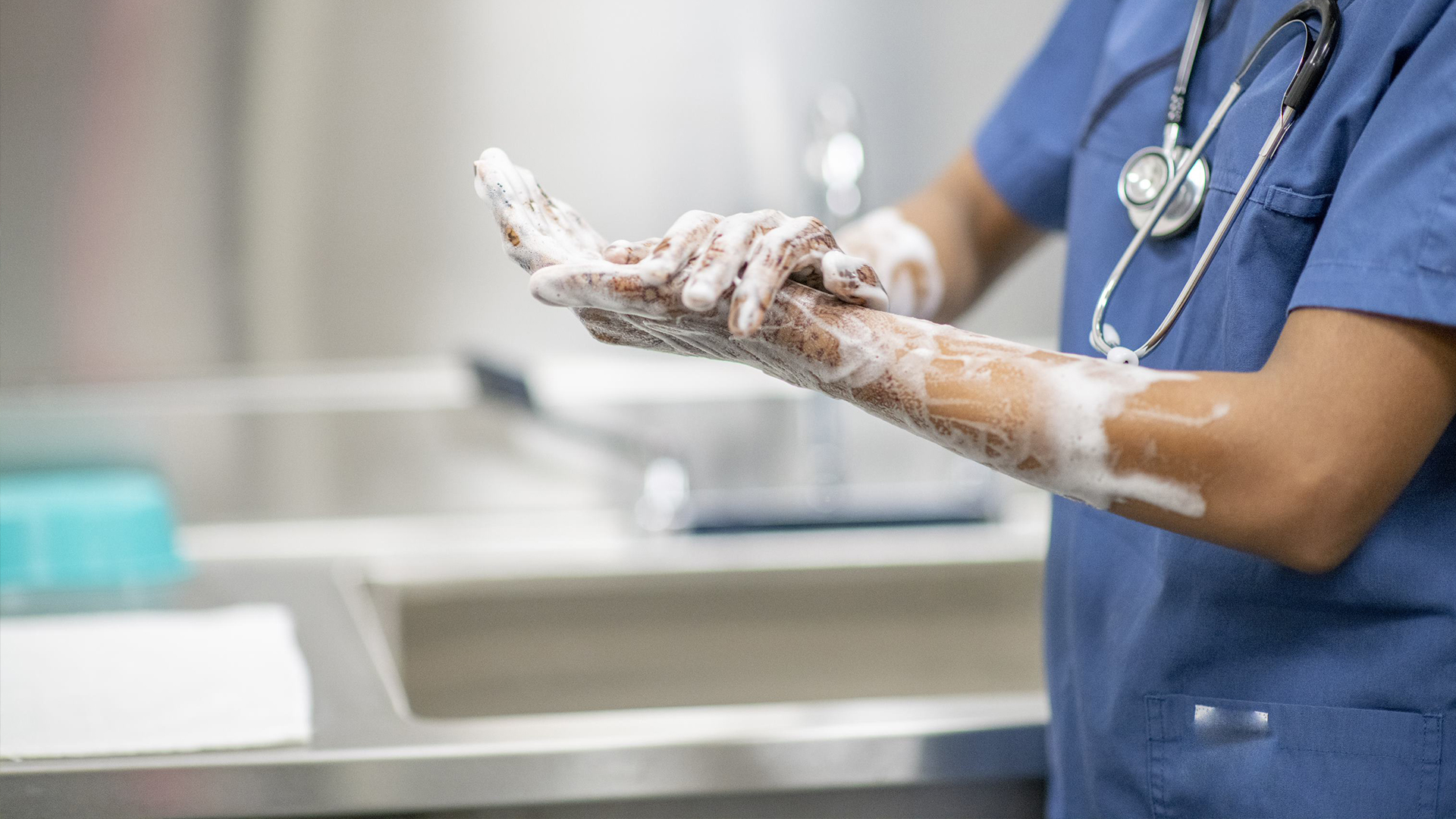
Is there anything in life more precious than your health?
For most the answer would be no, so it’s critical to know that when a situation arises where your well-being has been compromised as result of negligence on the part of a medical professional, there are clear legal avenues available to take action and claim compensation.
So what exactly is medical negligence or malpractice?
When health conditions arise that potentially threaten your well-being, it’s health practitioners you turn to and put your trust in. As a result, it’s important to realise you as a patient are entitled to receive an appropriate level of care and be provided with all the information relating to your condition and treatment.
You may have come across the terms medical negligence or malpractice but never really taken the time to understand what they refer to. Essentially it’s an act or failure to act by a health professional when treating a patient that can directly lead to injury or illness.
To give you a better understanding, here are three scenarios where a medical negligence claim would be warranted.
Call 13 15 15 or chat to us now for free advice
Chat nowFind out how much you can claim.
Get started“I agreed to undergo routine cataract surgery and was left with permanent vision loss. My doctor never mentioned to me that this was a possibility.”
The success of a relationship between a medical professional and a patient is just like any other relationship in that it hinges on establishing clear two-way communication in order to avoid any unexpected outcomes.
The above scenario is an example where communication has clearly broken down prior to the surgery and resulted in what’s called failed informed consent. This is one of the most common forms of medical negligence in which a medical practitioner fails to communicate to the patient an obvious risk (permanent vision loss) which would likely impact the patient’s decision to go ahead with the surgery. Even if there was no negligence displayed during surgery, the practitioner could still be liable as they failed to provide informed consent as to all the complications that could arise.

“I saw my doctor about a lump on my breast, but after examining it he suggested there was no need for further tests as it was just a build up of connective breast tissue. Six months later the lump grew bigger and I sought a second opinion – to which I was referred for a mammogram that revealed the lump to be cancerous.”
Most doctors like to err on the side of caution when it comes to examining suspicious lumps and would naturally refer the patient for a diagnostic test/scan to completely rule out anything sinister. In this case the doctor made a choice not to investigate any further – and in doing so the patient was robbed of the opportunity to benefit from early detection and treat the cancer. This is a classic case of misdiagnosis and delayed diagnosis – and could potentially warrant a claim for medical negligence.
“My breast implant surgery was meant to be routine. My doctor told me I was a prime candidate, but immediately after the surgery I felt extremely ill. The implants certainly didn’t look right and upon further examination it was revealed that they were implanted incorrectly as the silicone had fallen below the breast tissue causing an infection.”

Some people are of the belief that because plastic surgery is often elective, medical negligence laws don’t always apply. This is NOT the case.
In this particular scenario the patient suffered what is known as ‘double bubble’ deformity which usually occurs as a result of poor or no drainage during surgery which is the responsibility of the medical practitioners conducting the procedure. To repair a situation such as this can cost upwards of $20,000.
In order to successfully claim compensation as a result of bad plastic surgery, duty of care needs to be established and proven to be breached. In this case, the medical practitioner was required to demonstrate a level of care before, during and after the invasive procedure and failed to exercise a reasonable level of skill that is required in order to avoid unfortunate and damaging outcomes. Therefore this could potentially warrant a claim for medical negligence.
Sometimes things do go wrong when you’re receiving medical care. Whether you feel that you’ve been the victim of poor communication with negative consequences or even if you had good service but have sustained ongoing effects from your medical intervention, you may be eligible for compensation.
Call 13 15 15 and speak to one of our specialist medical negligence lawyers for free advice today. Law Partners have offices in Melbourne and Sydney, including Newcastle and Parramatta with specialist medical negligence lawyers ready to help.

Shane Butcher
Principal
An accredited specialist in personal injury law and spokesman for the Australian Lawyers Alliance, with the best part of 20 years’ experience in assisting injured Australians to receive everything they’re entitled to.
Related articles.
Do I have a case?
Our senior lawyers will assess your case for free1.


